Let’s have an ugly, raw, rough conversation. It’s a conversation about ‘bad thoughts’ and it’s well and truly overdue.
Have you ever had a thought that made you cringe? Like seeing a train approaching and seeing yourself jumping in front of it? Or – worse – pushing the lady in front of you onto the train tracks? What about seeing your baby in the bath and seeing yourself drowning him?
Upsetting? Yes. Anxiety-inducing? Yes. Weird? Nope. A staggering 4 out of 5 people experience these ‘intrusive thoughts’. But, for 1 in 50, these thoughts become harder to dismiss. They take a darker turn and hone in on the subjects we find most disturbing.
For those people who suffer from a form of Obsessive Compulsive Disorder commonly referred to as Pure OCD (referring to the focus being on obsessions, generally without any noticeable physical compulsions) intrusive thoughts can become all-consuming and target commonly delicate and taboo subjects like sex, violence and blasphemy (see, I told you we were going to get ugly).
It’s a normal human phenomena – thinking about things we don’t want to think about – and the funny and cruel twist is that the more you don’t want to think about something, the more it pops into your head. And, despite it being staggeringly common, people are still suffering in silence all over the world. Some, so much so, they don’t make it out of their darkness. They’re so convinced they’re the only person in the world who has these thoughts and so, they decide the world be better without them.
Just over a year ago I shared a story about my journey with postnatal OCD (also referred to as postpartum OCD or postnatal Anxiety). The illness is a subset of its parent OCD and often mimics that of pure OCD.


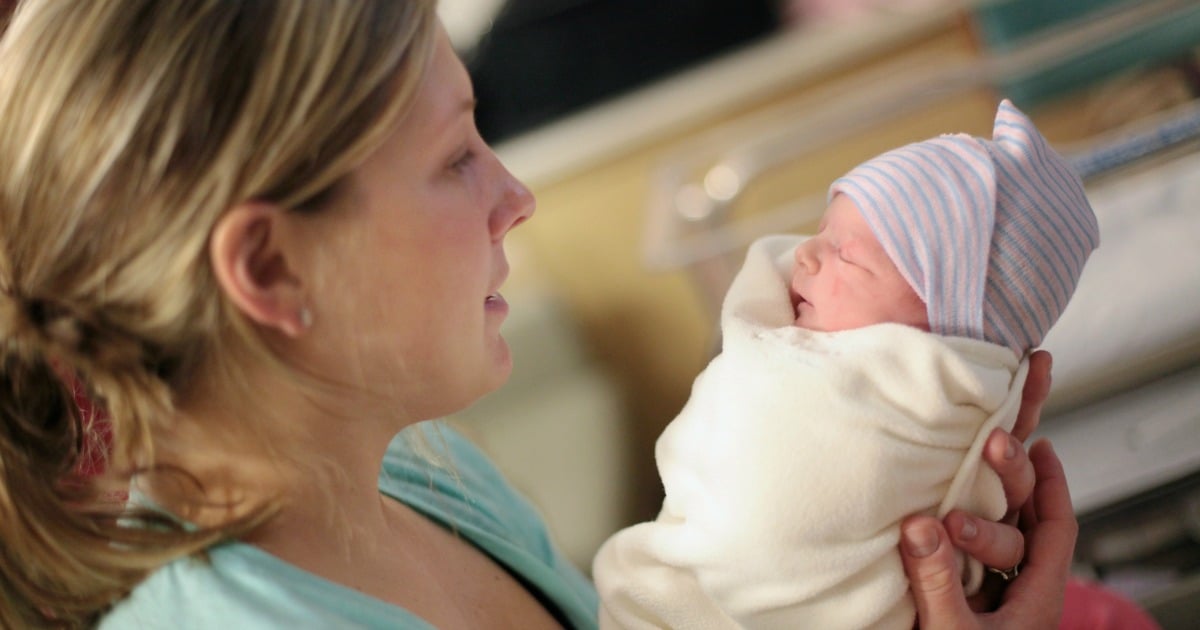
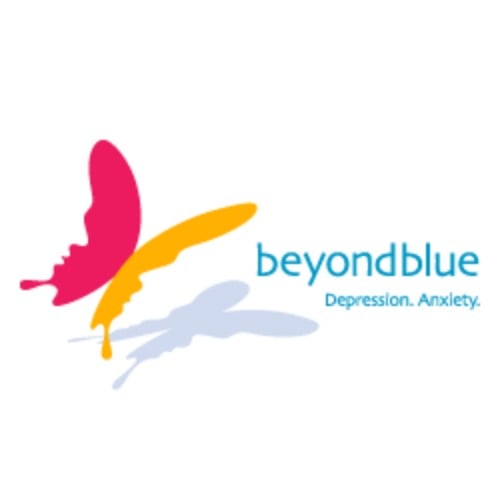
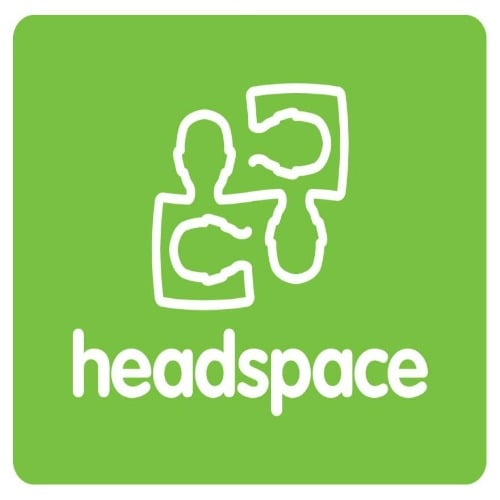


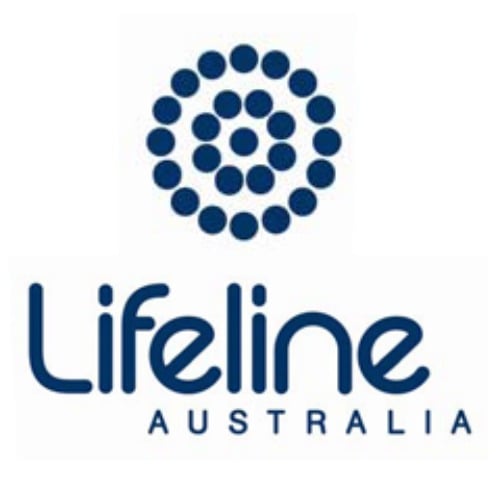
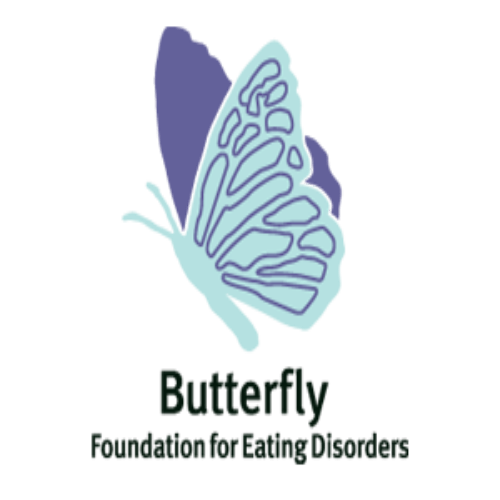
Top Comments
Thank you so much for writing this. I had this experience at 18, my thoughts alone making me contemplate suicide but thanks to some expert help i made it through. However, i still suffer from relapses from time to time but at least i now know how to deal with it but its taken me YEARS to get to where i am now. If i had read an article like this when i was really sick it would have helped me no end to understand what the hell was happening to me and to seek help earlier. Talking about this is so so important because it could save a life.
Thanks @@disqus_Qq8FbCJvOg:disqus I am really glad you enjoyed it. It is a really important discussion which is - thankfully - opening up much more in Aus and beyond - best of luck! Jordaine x
I have intrusive thoughts regularly but they are fleeting. I never knew it was under the OCD umbrella as such. After my daughter died they became much worse and they were less fleeting in nature, I took to avoiding triggers and often still when under stress I refuse to drive as they come on when behind the wheel. I can picture myself steering into oncoming traffic and it's frightening. I was postpartum but not treated as such since my baby died and was never diagnosed, and again I have filled out another mental health form as I became pregnant again and I know very well my answers were enough to be flagged. At 3 months pregnant, 6 months postpartum and 6 months post my baby dying I was and am extremely stressed, but I haven't had any specific follow up. That questionnaire I'm sure was wiped for the next woman and it seems the info was never passed on. I am lucky in that I have a social worker I access during my PAL who was there for us when birthing/leaving our daughter, but without me bringing up issues to her it seems the midwife never informed her of my mental health score either. What about women who don't have these services in place for their pregnancy? Or who don't feel confident bringing up such sensitive and disturbing information? They trust their medical team to look out for them and too often they do not. Women should feel confident to bring these issues up with their providers both during and after pregnancy, and for them to be taken seriously and treated compassionately.
Thanks for sharing such a personal story @disqus_lC6eGhqUCh:disqus and I am so sorry to read your unbelievable loss. You raise some really great points about the lack of follow-up and people talking about it can only help to raise the awareness. Women should be able to feel confident and comfortable sharing their experiences - always. Thanks for sharing a little of yours. Love and prayers - Jordaine